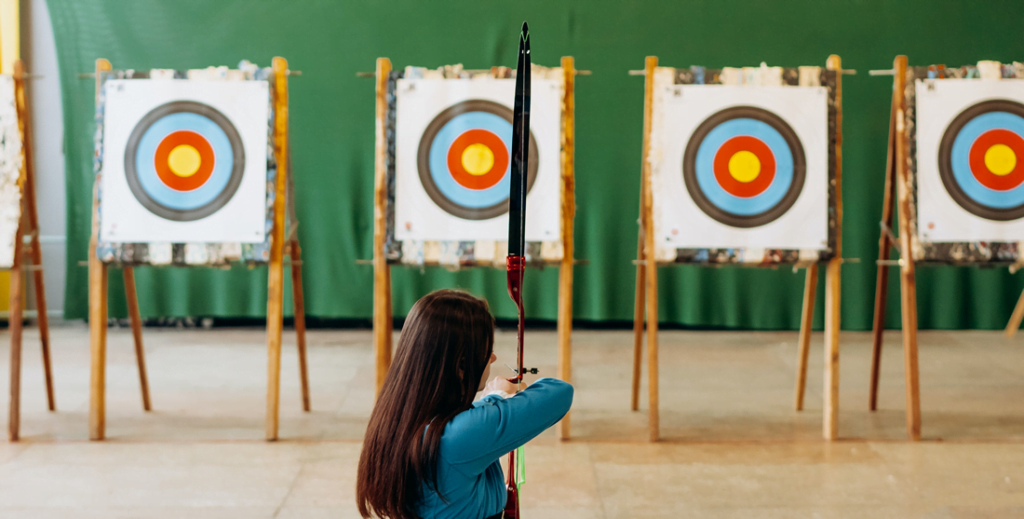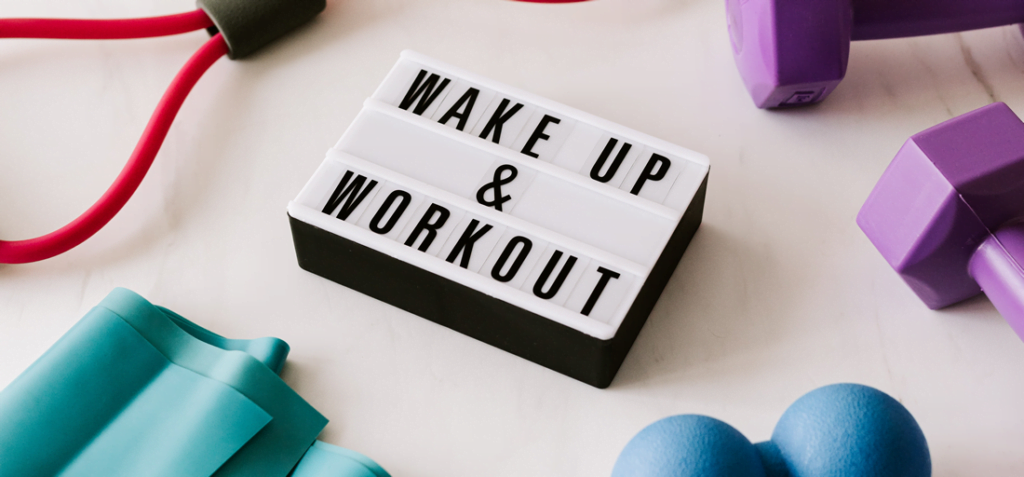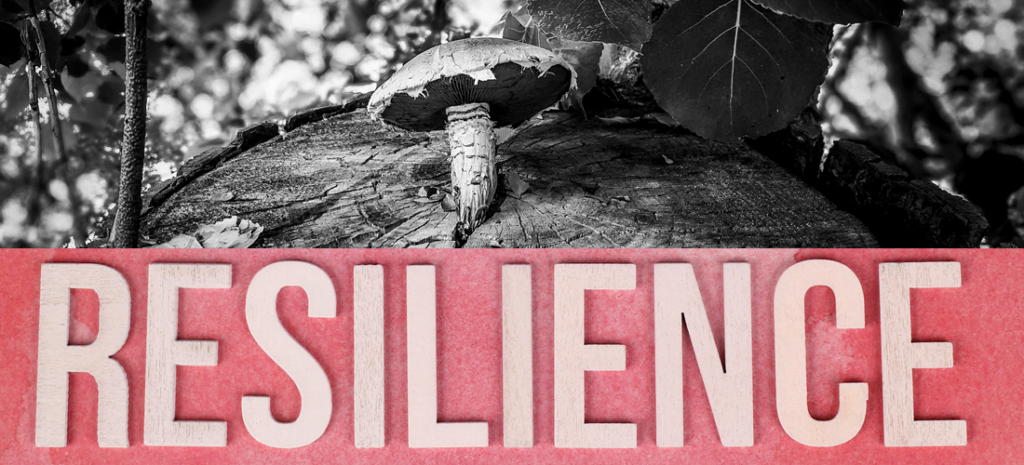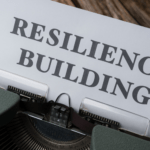Do you ever feel like there is something missing in your life? Or that you could be doing more with the time and resources available to you? If so, self-improvement is the key. It may be time to focus on improving yourself and explore different ways to help you get on the path to personal growth and success.
In this blog post, we’ll look at some of the best self-improvement ideas and give tips for making those changes stick. Read on to learn more!
15 Ways to Improve Yourself
1. Set clear goals
Setting clear goals is an important part of self-improvement. It’s a way to focus your energy and set yourself up for success in whatever it is you want to achieve, whether it’s a career goal or something more personal.
Goals provide structure and direction, which can help you stay motivated and on track even when times get tough. Setting achievable goals also allows you to measure your progress over time so that you can see how far you’ve come as well as what still needs work.
By setting clear goals, not only will you be able to keep yourself motivated but also have the satisfaction of achieving something meaningful with each success.
2. Be a lifelong learner
Lifelong learning is an essential part of personal growth and development. It can help you become a better version of yourself by expanding your knowledge, developing new skills, and improving upon existing ones.
Lifelong learning also helps you stay motivated and engaged in life as it gives you the opportunity to explore different topics, gain new perspectives, and challenge yourself to reach higher levels of success. With the right attitude and dedication, continuous learning can be a great way to improve your overall well-being.
Develop a habit of lifelong learning. Read books, take courses, attend workshops, or engage in online learning platforms to expand your knowledge and skills.
3. Practice self-reflection
Self-reflection is the process of taking a step back and examining one’s thoughts, feelings, and actions. It is an important tool for personal growth. It allows us to gain insight into our own behavior and motivations. Practicing self-reflection can help you become more aware of yourself. It can improve your relationships with others, identify areas that need improvement, and ultimately make better decisions in various aspects of life.
By reflecting on past situations or experiences, we can learn from our mistakes and grow in ways that will benefit us in the future. Self-reflection also helps us stay focused on our goals so that we can move forward with confidence. Ultimately, practicing regular self-reflection can be an effective way to develop ourselves both personally and professionally.
Take time to reflect on your actions, thoughts, and emotions. Regular self-reflection helps you understand yourself better, identify areas for improvement, and make necessary changes.
4. Develop new habits
We all have habits that shape our lives and determine our success. Some of these habits are good while others can be detrimental to our growth and development. If you want to become the best version of yourself, then developing new habits is one way to go about it. Developing new habits will help you achieve your goals. It will also give you a sense of accomplishment as you reach milestones along the way.
Identify habits that are holding you back and replace them with positive ones. Start small and gradually build new routines that align with your goals.
Through consistent effort, determination, and dedication, anyone can form new habits that benefit them in both the short-term and long-term. With enough practice, even the most difficult habit can become second nature over time. Habits allow us to reach heights we never thought possible before!
5. Prioritize self-care
Self-care is an important aspect of mental and physical well-being. Taking the time to prioritize yourself can be a great way to improve your overall health and happiness.
Self-care involves activities that help you relax, recharge, and stay healthy in both body and mind. It includes things like eating nutritious meals, exercising regularly, getting enough sleep every night. Self-care can also mean taking breaks throughout the day, meditating or practicing mindfulness activities. Connecting with friends and family members for social support is also self-care!
By prioritizing self-care into your daily routine you can become better equipped to handle stressors. Self-care ultimately leads to improved mental clarity and emotional stability.
6. Build resilience
Building resilience is an important part of self-improvement, as it helps us to cope with difficulties and setbacks in life. Resilience enables us to respond effectively to challenges, bounce back from adversity, learn from our mistakes and move forward positively. It also helps us build strong relationships with others by developing the skills needed for communication, problem solving, empathy and trust.
With increased resilience we can better manage stress levels and develop a more positive outlook on life. Developing resilience gives us the strength to face difficult situations head on. With resilience we can come out ahead despite any obstacles that may arise along the way. Therefore, building resilience is an essential part of personal growth and development.
Embrace challenges and setbacks as opportunities for growth. Cultivate resilience by reframing negative situations, focusing on solutions, and learning from failures.
7. Enhance your communication skills
Enhancing your communication skills is one of the most important steps you can take to improve yourself. Communication is essential for success in all aspects of life, from personal relationships to professional interactions.
Effective communication requires more than just speaking and listening. It also involves understanding how best to deliver your message depending on the context and audience. With improved communication skills, you will be able to express yourself better. You can resolve conflicts more quickly and easily. Communication skills help you build better relationships with others, and create a positive impression in any situation.
By honing these abilities now, you’ll have an advantage over those who don’t focus on developing their communicative capabilities. Effective communication is vital for personal and professional growth. Work on improving your listening skills, expressing yourself clearly, and developing empathy towards others.
8. Cultivate positive relationships
Cultivating positive relationships can be a powerful way to improve yourself. Having strong connections can provide us with emotional support and guidance when we need it most. Positive relationships also help us build our self-confidence. They provide us with validation for the decisions we make or the goals that we set for ourselves.
Additionally, having strong connections allows us to gain access to resources such as advice from people who have gone through similar experiences. They can share knowledge about different topics that may not be available to those without these types of relationships. This is why cultivating positive relationships is an essential part of personal growth and development.
Surround yourself with supportive and positive individuals who inspire and motivate you. Build and nurture meaningful connections that contribute to your personal growth.
9. Step out of your comfort zone
Stepping out of your comfort zone can be a great way to challenge yourself and improve. Taking risks, trying new things, and pushing the boundaries of what you know is an essential part of personal growth. It can help you gain confidence in your abilities, as well as give you a chance to explore different paths. Stepping out of your comfort zone helps you discover hidden talents or interests that may have remained dormant otherwise.
Stepping outside of your comfort zone also provides opportunities for learning more about the world around us. Connecting with others on a deeper level, and expanding our perspectives on life. By taking these risks we open ourselves up to exciting possibilities and chances for growth!
10. Practice mindfulness
Mindfulness is a practice that has been around for centuries but in recent years it has become increasingly popular. More and more people are turning to mindfulness to help them cope with the stress and anxiety of modern life.
Practicing mindfulness can be an effective way to improve your mental health, physical wellbeing, and overall quality of life. It involves taking time out of your day to focus on being present in the moment without judgment or analysis. By focusing on your breath, body sensations, thoughts, and emotions you can learn how to respond rather than react to difficult situations.
With regular practice over time you can develop greater clarity and insight into yourself and others. This leads to better decision making skills as well as improved relationships with those around you. Mindfulness is a powerful tool that anyone can use to make positive changes in their lives.
11. Manage time effectively
Time management is an essential skill for success in life. It can help you make the most out of every day, allowing you to accomplish more and experience less stress. If you learn how to manage your time effectively, it can be a great way to improve yourself and increase your productivity.
Good time management involves setting goals, planning ahead, prioritizing tasks and knowing when to say no. By focusing on what is really important and breaking big projects into smaller steps, you will have better control over your workload. Additionally, taking regular breaks throughout the day helps refresh your mind so that you can stay focused on the task at hand.
Last but not least, learning how to delegate tasks also plays an important role in managing time efficiently; if someone else can do something faster or better than you then it might be wise to let them take care of it instead of doing everything yourself!
Learn to prioritize tasks, set deadlines, and avoid procrastination. Effective time management allows you to accomplish more, reduces stress, and creates a sense of accomplishment.
12. Seek feedback
Seeking feedback from others is an important part of personal growth and development. Feedback can provide valuable insight into how we come across to others. It helps us identify areas for improvement, and ultimately lead us to become better versions of ourselves. Not only that, but being open to feedback also shows respect for the opinions of those around you.
By actively seeking out feedback from trusted sources, we can grow as individuals. We can become more successful in whatever it is we set our minds to do. Be open to receiving feedback from others. Constructive criticism can provide valuable insights and help you identify blind spots or areas where you can improve.
13. Develop emotional intelligence
Developing emotional intelligence is a powerful way to improve yourself and the quality of your relationships. It involves recognizing and managing your own emotions, as well as understanding how others’ feelings impact their behavior.
By developing emotional intelligence, you can become more self-aware of how you respond to different situations. You can learn to better manage stress and increase resilience during difficult times. Emotional intelligence can help you build stronger interpersonal relationships with those around you. It helps you be more successful in both personal and professional settings.
Work on understanding and managing your emotions as well as recognizing and empathizing with the emotions of others. With practice and dedication to improving your emotional intelligence skill set, you can unlock the potential for increased success in all areas of life.
14. Embrace failure as a learning opportunity
Instead of fearing failure, view it as a chance to learn, grow, and improve. Rather than seeing failure as a negative outcome, it should instead be viewed as an opportunity to learn and grow.
Research indicates that those who are able to embrace failure tend to be more resilient in both their professional and personal lives. It helps individuals understand their weaknesses and provides them with the tools they need to overcome them. Additionally, it can help foster a growth mindset that encourages individuals to take risks and explore new ideas.
By recognizing the importance of failure, individuals can become more confident in their abilities. They are then better equipped to handle future challenges. Ultimately, failure is an integral part of life. By embracing it we can learn valuable lessons that will help us in both our professional and personal endeavors.
Furthermore, failure can provide us with valuable insights into our strengths and weaknesses. By recognizing the areas where we may need to improve, we can take steps to develop our skills and enhance our performance. Additionally, taking risks and learning from mistakes can lead to new experiences, which is essential for personal growth.
Finally, by embracing failure, we can learn to become more confident in our abilities. We can be better prepared for the various challenges that life throws our way.
With all of these benefits in mind, it is clear that failure can provide invaluable opportunities for growth and development. By recognizing its importance and actively seeking out ways to learn from mistakes, individuals can set themselves up for greater success in the future. Ultimately, failure can be a powerful tool for learning and growth if it is approached with an open mind and positive attitude.
15. Practice gratitude
Practicing gratitude is a powerful and effective way to cultivate positive emotions, build strong relationships, and improve your overall well-being. Gratitude can help you appreciate the beauty of life more deeply, boost your mental health and physical health, increase resilience in the face of adversity, foster compassion for others, and even make you happier.
It’s no wonder that many people are turning to gratitude as a tool for self-improvement. By actively expressing appreciation for what we have—even if it’s something small—we can open ourselves up to new possibilities and create meaningful change in our lives.
Frequently Asked Questions
What does self-improvement mean?
Self-improvement can take many forms: from learning a new skill or language, to setting personal goals or taking up a hobby. No matter what path you choose, self-improvement can help bring about positive changes in your life
Self-improvement is a journey of personal growth and development. It involves setting goals, taking actionable steps towards achieving them, and creating positive changes in one’s life. It encompasses physical, mental, emotional, financial, and relational areas of life. Through self-improvement individuals can increase their knowledge, skills, and capabilities. This can lead to a better quality of life, greater self-confidence and an overall sense of personal fulfillment.
Self-improvement can also involve developing healthier habits. This can include exercising regularly, eating nutritious foods, reducing stress levels, and getting adequate sleep. It can also mean maintaining positive relationships, and practicing effective communication. It may also involve working on personal goals such as improving grades in school or increasing one’s earning potential.
Why is self-improvement important?
Trying to improve yourself is important because it enables you to become the best version of yourself. It helps you unlock your full potential and achieve your goals by giving you the motivation, clarity and focus needed for success. Improving yourself also helps boost your self-confidence. This can lead to better relationships with others as well as increased happiness and satisfaction with life in general.
Making improvements also teaches valuable life skills such as problem solving, persistence, resourcefulness and creativity. This can help in any situation in life. Striving for improvement will result in a more fulfilling life that brings out the true essence of who we are.
How do I start my self-improvement journey?
When engaging in self-improvement, it is important to recognize that change takes time and requires effort and dedication. Making small changes on a regular basis can have a big impact over time and help individuals achieve their goals. Additionally, seeking support from family, friends, or a professional can be beneficial in achieving one’s desired outcomes.




























































